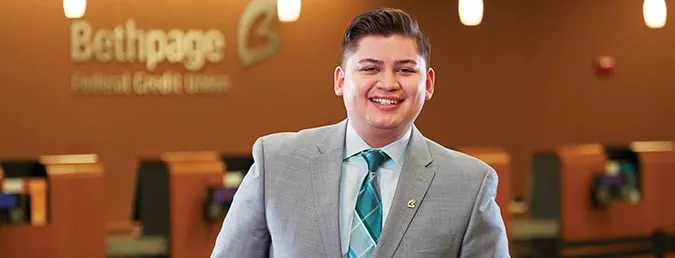
It is best to never carry a balance on your credit cards. However, you may be in a position where you are already dealing with credit card, personal loan, and/or other type of debt. Having debt can not only absorb a significant portion of your income each month but also cost you thousands of dollars in interest payments. Conversely, paying off your debt can provide a feeling of relief and give you more money for other things, like savings.
Use the Debt Worksheet to list all of your debts.
Debt Reduction Methods
There are two basic methods of accelerating debt repayment. One is to increase your payments. Minimum payments are often set very low, so it could be years before you are debt free if that is all you pay. If you have multiple accounts, you will save more money by being systematic and focusing your extra payments on one creditor at a time instead of sending a little extra to all of your creditors (Of course, you should continue to make minimum payments to everyone.) Many people like to start with the debt with the lowest balance because it will be paid off the soonest, providing gratification that makes it easier to keep going. However, you will save the most money by starting with the debt with the highest interest rate. Once the first debt is paid off, put that money toward the debt with next lowest balance or highest interest rate (depending on the option you choose) and so on until all of the debts are paid off.
The other method is to lower your interest rates. There are several ways that you may be able to get lower interest rates, including:
- Asking the creditors directly to lower the interest rates. Creditors are usually more willing to do this if you have made your payments on time. Of course, they may still say no, but it does not hurt to ask.
- Transferring your balance to a card with a lower interest rate.
- Getting a consolidation loan. Whether or not you can get one will depend on your credit score, income, and current level of debt.
- Paying off existing debt with a home equity line/loan or cash out refinance (where you refinance your mortgage for more than you owe). The interest rate is usually lower than for other debt, and the interest is tax deductible. However, it is important to remember that you are increasing your mortgage payments, and you will lose your home if you cannot make them.
- Participating in a debt management plan, in which creditors offer lower interest rates in exchange for going through counseling and closing your accounts.
If you are thinking about a balance transfer, consolidation loan, home equity line/loan, or cash out refinance, remember that you are using debt to pay off debt. If you start using and carrying a balance on old cards, you are actually increasing your level of debt, not decreasing it. These options work best if you are committed to not taking on more debt.
These two methods of accelerating debt repayment are not mutually exclusive. In fact, it is a good idea to try to increase your payments and lower your interest rates at the same time.
- Categories:


